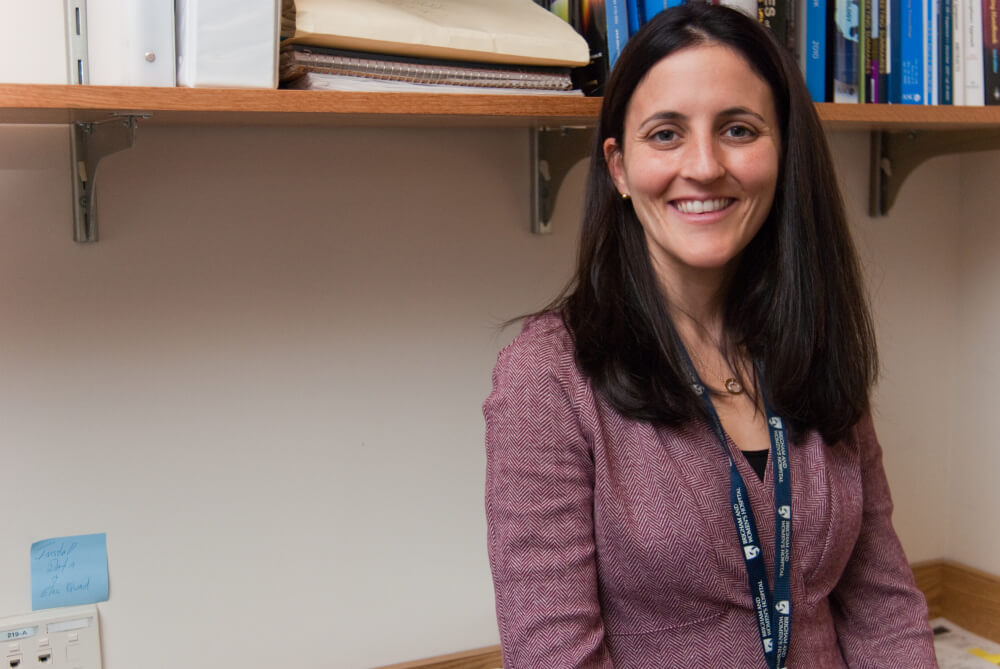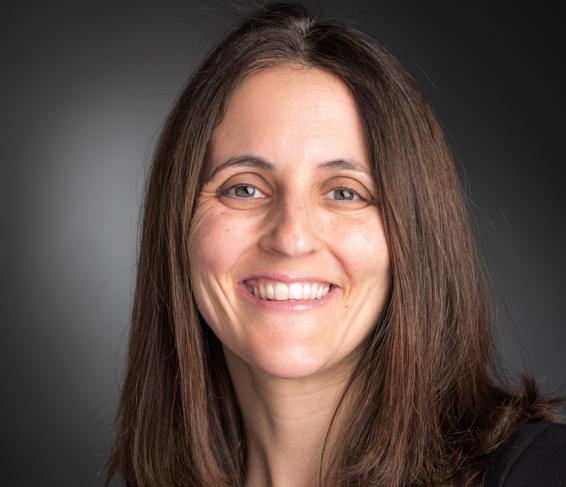Breast cancer is the most common cancer in women. Finding a breast cancer tumor early can often lead to better outcomes, since it is easier for oncologists to treat the disease before it has spread.
Cancer affects everyone differently. Some people may experience a wide variety of symptoms, while others may have none at all. Anyone experiencing any unusual or persistent symptoms should seek medical attention.
What are the signs of breast cancer?
The most common symptom of breast cancer is a new mass or lump, though most lumps are not breast cancer.
Cancerous lumps do not all feel the same but tend to be irregular in shape and may feel firm or solid. These lumps can vary in size and whether you can feel it may depend on where the lump is located in the breast, how big the breast is, and how deep the lesion is sitting in the breast.
Ultimately, it is impossible to diagnose a breast lump just by touch, so it is important for you to speak with your doctor if you notice any changes in your breasts.
Below are other common signs and symptoms that may indicate breast cancer. If you are experiencing any of these symptoms, it is important to seek medical attention. Although regular breast examinations on your own are no longer recommended by screening guidelines, it is always a good idea to know what your body feels like and looks like so that you will notice whether changes occur.
- Mass or lump
- Dimpling of the skin or nipple (also referred to as peau d’orange)
- Asymmetry or one side feeling/looking more swollen
- Bumps in armpits
- Redness or flaky skin in the nipple or breast area
- Skin that is warm to touch
- Nipple discharge other than breast milk
- Pain
- Nipple retraction (a turning inward of the nipple)
It is important to remember that even if you have one or more of these symptoms, it does not mean you have cancer; there are many conditions or diseases that can also cause changes to the breast. Likewise, anyone can develop breast cancer — not just women.

Inflammatory breast cancer
Inflammatory breast cancer (IBC) is a rare and aggressive form of the disease in which cancer cells block the lymph vessels in the skin of the breast. It is called “inflammatory” because the breast often looks swollen or inflamed.
Unlike other forms of breast cancer, IBC is often not detected through either a mass or lump. It is also often confused with an infection of the breast called mastitis.
Common symptoms of IBC can include:
- Rapid, distinct swelling of the breast
- Redness or thickening of the skin on the breast: This may not cover the whole breast but instead present as just a splotch or look like a bruise.
- Breast being warm to the touch
- Pain
You should see your doctor if you notice any of these symptoms. Frequently, they can be the result of a benign condition, not cancer — but knowing your body and what is normal for you is important so that you can report changes.
Mammograms
Mammograms (which give an X-ray picture of the breast) are effective methods of screening and diagnosing breast cancer. It is important for women to receive routine mammograms in order to check for breast cancer or other abnormalities. This typically should start between the ages of 40 to 50.
All women should talk with their primary care doctor about the benefits and harms of mammography, when to start screening, and how often to be screened. Some women with more risk factors for breast cancer or strong family history will start their screening before age 40.
In addition to mammograms, your doctor may also order a breast MRI (magnetic resonance imaging) or ultrasound.
- Breast MRIs are used in special situations for individuals who have a strong family history or genetic predisposition to breast cancer, as well as women who initially get unclear mammograms results.
- Breast ultrasounds are rarely used for cancer screening because not all cancers are visible on ultrasound. However, in conjunction with mammography, it is a highly useful tool for diagnosis.
Genetic predisposition
Some people carry a genetic predisposition for certain cancers, including breast cancer. According to Rachel Freedman, MD, MPH, 5 to 10 percent of people with breast cancer have a genetic predisposition to the disease. This means they have inherited a gene that significantly increased their likelihood of being diagnosed with breast cancer in their lifetime.
Among other less common genes, mutations in the BRCA1 and BRCA2 genes elevate the risk for breast cancer, and sometimes other cancers as well. It is estimated that about 72% of women who inherit a harmful BRCA1 mutation and about 69% of women who inherit a harmful BRCA2 mutation will develop breast cancer by the age of 80, according to the National Cancer Institute.
There are several genetic tests available to determine if you carry a harmful BRCA1 or BRCA2 mutation. However, because these mutations are relatively rare, it is currently not recommended for everyone in the general population to undergo genetic testing. Furthermore, even if you are found to have a harmful genetic mutation, you will not necessarily develop cancer.
Risk factors for carrying a BRCA1 or BRCA2 mutation or other genetic mutation associated with developing breast cancer include the below. Having this information can help determine if you or other family members would benefit from more frequent screenings or screening at a younger age.
- Having a first-degree relative (i.e. mother or sister) diagnosed with breast cancer before the age of 50
- Cancer in both breasts in the same woman
- Both breast and ovarian cancers in either the same woman or the same family
- Multiple breast cancers in the family
- Two or more primary types of BRCA1– or BRCA2-related cancers in a single family member
- Cases of male breast cancer in the family
- Ashkenazi Jewish ethnicity
Even if you are diagnosed with breast cancer, know there are numerous treatment options available to you, and the vast majority of patients will do well. Your health care providers can help answer any questions you have about screening and can help refer you for any genetic testing and screening that may be appropriate.
About the Medical Reviewer

Dr. Rachel Freedman is a medical oncologist and clinical researcher at DFCI in the Breast Oncology Program. In addition to seeing patients with breast cancer, her research focuses on improving the care of vulnerable patient populations who are under-represented in clinical trials and who are at risk for worse breast cancer outcomes, including older women and those who face challenges in access to care. In addition, she is interested in novel therapeutics, serving as the Principal Investigator for several clinical trials. She is also the founder and Director of the Program for Older Adults with Breast Cancer at DFCI. Dr. Freedman joined the faculty at DFCI in 2009. She studied at Georgetown University School of Medicine and obtained her master's in public health at the Harvard University T.H. Chan School of Public Health. Her research has been funded by Susan G Komen, ACS, NCI, Gateway for Cancer Research, METAvivor, and the Alliance for Clinical Trials Foundation.
